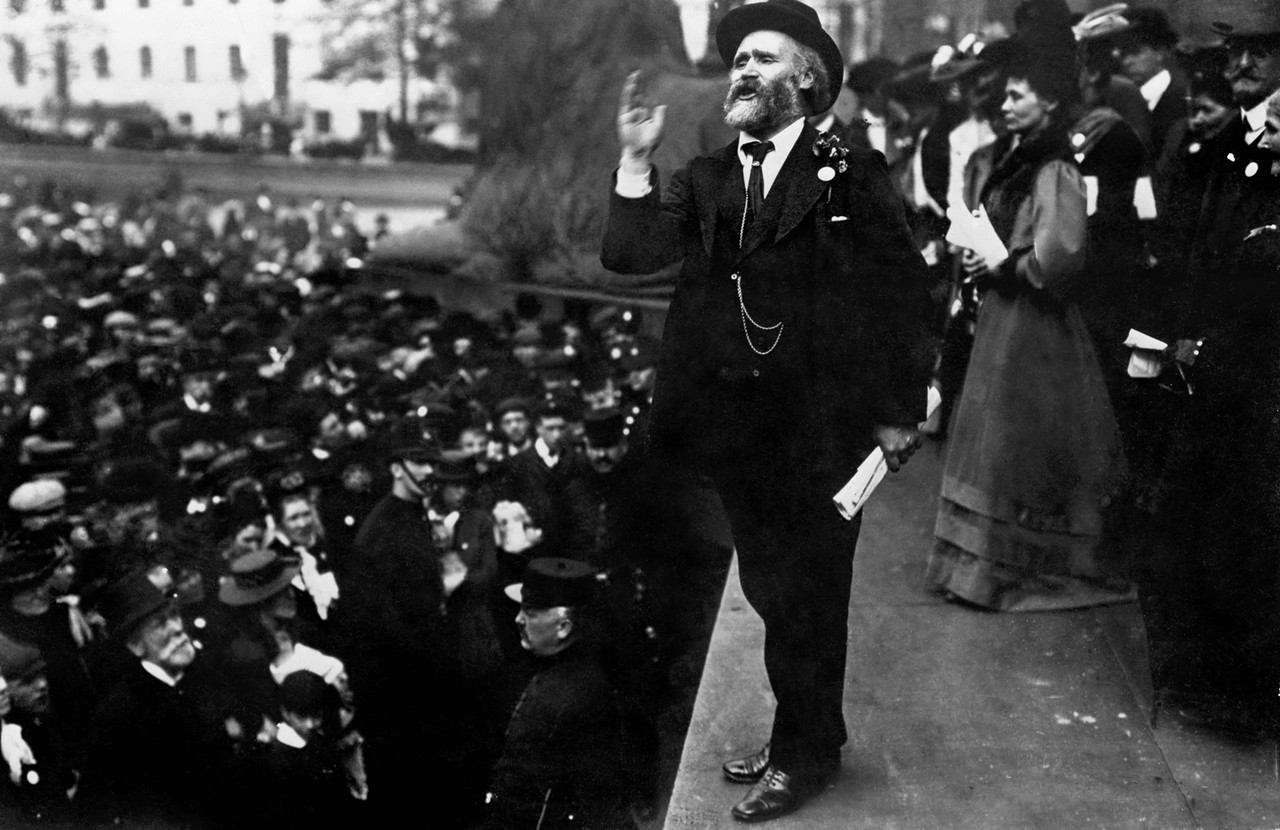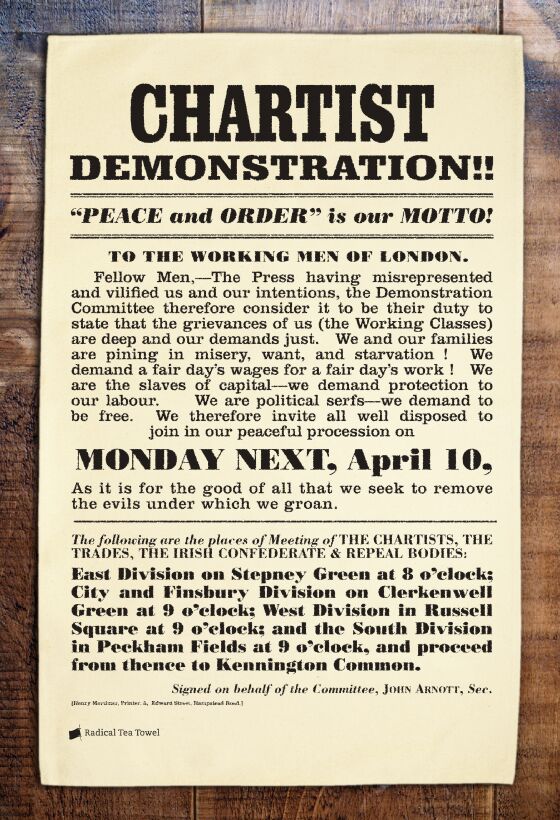Keir Hardie's Political Voyage to Create the Labour Party
Posted by Pete on 20th Oct 2019
In 1915, Keir Hardie’s life of political struggle came to an end. Spanning the length and breadth of Britain, his story remains an inspiration to all who strive for social justice. The creation of The Labour Party remains one of the key moments in the history of the british left.
The voice of the workers, from the workers
Long before he would go on to found the Labour Party, Keir Hardie's life began in the grim poverty of Victorian Scotland.
Keir's childhood was spent moving around with his family, in search of work for his stepfather.
And when Hardie himself was only 10 years old, he began working in the mines.
It was a grim and dangerous life.
But it also introduced a young Keir Hardie to the British labour movement – something for which our country should be eternally grateful.

A giant of the British Left, Keir Hardie changed the face of UK politics forever
Keir Hardie and the trade union movement
Encouraged by his mum, Hardie had taught himself to write and had a real knack for public speaking.
His fellow miners pushed him to chair their meetings and to generally speak on their behalf.
But when Hardie's emergence as a leader of Scottish miners landed him on the bosses’ blacklist, he was barred from employment in the mines.
He became a full-time activist instead, leading miners’ strikes and improving the ability of Scottish labour to organise.
At this point – the 1880s – trade unionists in Scotland and the rest of Britain sided with the Liberal Party in Parliament.
But some workers were beginning to question this way of doing politics. Led by Hardie and others, they argued that the Liberals expected working class votes without doing anything of substance for the working class.
This simple yet revolutionary idea would change the face of British politics.
Click to view our Keir Hardie tea towel
Hardie's road to parliament
In 1888, Hardie stood as an independent workers’ candidate for Mid-Lanarkshire and was thoroughly beaten.
Undeterred, he scoured Britain for a winnable parliamentary seat until, in 1892, he went all the way down to Essex to contest West Ham South.
Hardie won. But he wouldn’t be in West Ham for long.
Utterly vilified by the Establishment for criticising capitalism and the monarchy, while demanding women’s suffrage, Hardie was voted out in 1895.
Rejected again (just as he'd been by the mining bosses) by the forces of concentrated power and inequality, Hardie set out on the most important task of his life.
On 27th February 1900, at a gathering of socialist societies and trade unions at the Congregational Memorial Hall in London, the ‘Labour Representation Committee’ was established. Hardie’s dream of a working-class political party had come true.
In 1906, this group would be renamed the Labour Party, with Keir Hardie as its first leader.
Hardie's new home in radical wales
In the meantime, Hardie had been elected one of Labour’s first two MPs – now in Wales rather than West Ham.
With its workers and industrial valleys, it was the perfect base for a socialist. Just like Manchester, South Wales was – and remains – a hotbed of radical politics.
It was where the Chartists launched their movement for democracy in 1839. Long after Hardie, Wales would nurture Nye Bevan's political flame.
(More recently still, the region gave birth to the Radical Tea Towel Company!)

Click to view our chartist tea towel
So it should come as no surprise that South Wales stayed loyal to Keir Hardie, through his courageous opposition to World War I alongside Sylvia Pankhurst, all the way until his death on this day in 1915.
Keir Hardie’s political journey took him across the length and breadth of Britain: from the shipyards of Glasgow, to London, to the Welsh Valleys and beyond.
Everywhere he went, he came across the same basic injustices faced by working people in a broken system.
It was to fighting these injustices that Hardie devoted his life – setting an example as relevant to our century as to the ones before it.
Click to read more on our blog, about Hardie and other Trade Union heroes.

